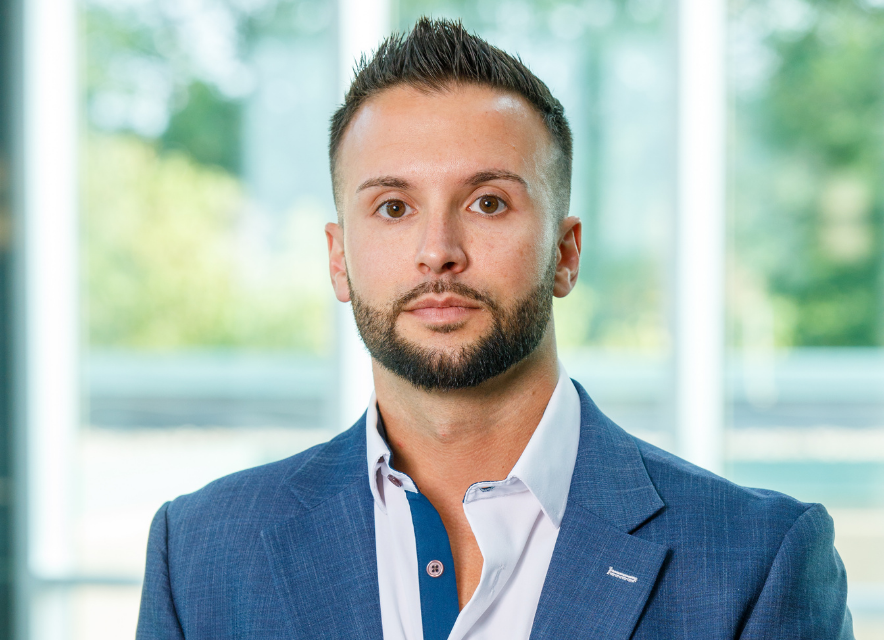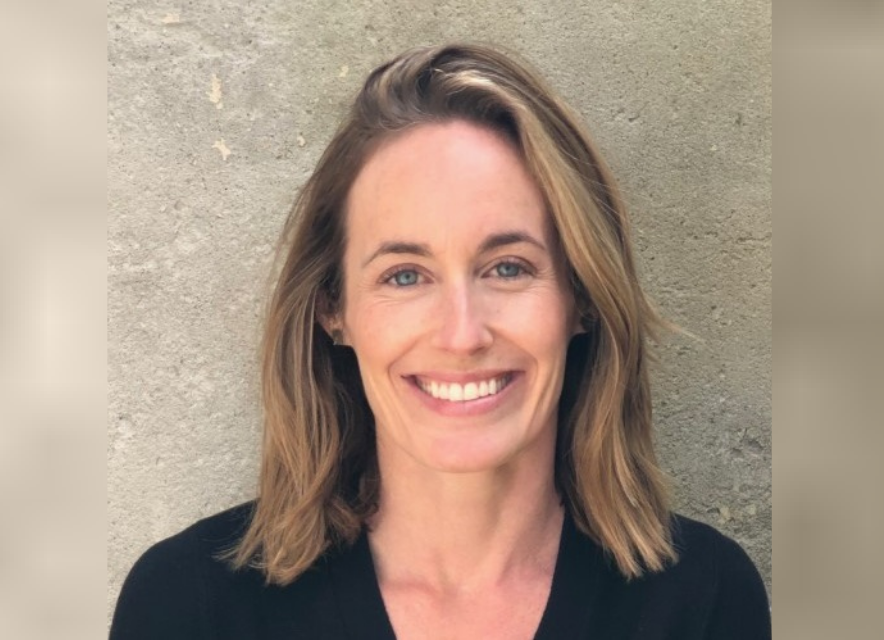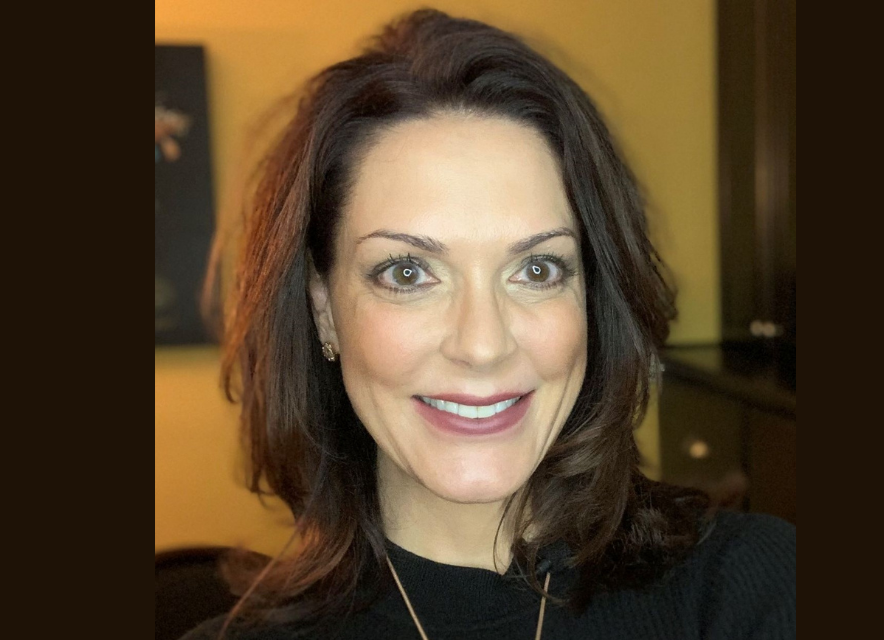Podcast: Play in new window | Download
Subscribe: RSS
Dan Allison is a speaker and the founder and President of The Feedback Marketing Group, a consulting firm helping large organizations and individual professionals implement a system to duplicate their top clients and attract more quality prospects. Dan has drawn on his background in psychology to gain an understanding of thousands of the kinds of clients all financial professionals would like to work with. This has made him one of the industry’s leading authorities on referral behavior.
Takeaway Quote:
“How would we expect our clients to be able to find those people if we can’t even describe with whom we work well?”
Show Timeline:
01:54 Introduction to Dan and his background
An unconventional road from his first business to financial services
04:00 Dan’s specialization in helping advisors become more referable
The need he saw when talking to advisors, and the referral gap he discovered
07:11 The number one reason Dan has discovered for why clients don’t refer
Another disconnect between clients’ perceptions and advisors’ needs
9:11 The clients’ main motivation for referring in the first place
Why the traditional methods for prompting referrals have not worked
11:26 Bridging the gap between the primary reasons to refer and not to refer
The importance of helping clients understand the advisor’s desire to help more people
13:09 How to bring up referrals without directly asking for them
Identifying the ‘gold mine’ and ‘land mine’ clients
16:14 How to ensure clients know who to refer
The danger in not being able to articulate whom you serve
18:38 Getting specific about your target market
An exercise Dan recommends to help advisors refine the message
20:16 Providing clients with good ‘cross-education’
Ensuring your clients understand everything you do as a firm
23:42 A specific method for providing this education on an ongoing basis
Keeping your value in front of the clients for their own benefit and to encourage referrals
27:54 The clients who think they have referred, vs. the results the advisor sees
Why simply telling the truth to clients can be the best remedy
32:15 The impact of leading with authenticity about the value of what you do
Why the conversation really shouldn’t be about the advisor
34:33 Final points about reasons why clients don’t refer
Typical hesitations that a small percentage of clients will naturally have
Links:
Website: www.feedbackmarketinggroup.com
Email: dan@feedbackmarketinggroup.com
Phone: 402-350-2532
LinkedIn: https://www.linkedin.com/in/dan-allison-268b607b/
Want more?
Stephen Wershing: www.TheClientDrivenPractice.com/checklistblog
Julie Littlechild: www.absoluteengagement.com/blog
Episode Transcript:
Steve Wershing:
Welcome to Becoming Referable, the podcast that shows you how to become the kind of advisor people can’t stop talking about. I’m Steve Wershing. On today’s episode, we speak to Dan Allison, who is the founder and President of the Feedback Marketing Group, a consulting firm helping organizations and professionals implement a system to duplicate their top clients. Dan’s background is actually in clinical and behavioral psychology. Dan co-founded a large mental health organization that employed hundreds of people and generated $20 million a year, by the time he was 27. After selling that company, he found himself in a strict non-compete clause that had him looking for other opportunities and he found financial services. He found that practitioners in our business can utilize mental health techniques in their own practice.
The Feedback Marketing Group is known primarily for doing focus groups with clients, so over the past several years, he’s interviewed thousands of clients for financial advisors and through that work as gleaned critical and fascinating insights about why people do and don’t refer. That’s the focus of our conversation today. We’ll talk about gold mine clients verses land mine clients. We’ll talk about value proposition versus propaganda. Listen through to the end, where Dan describes how to have a conversation with clients about referrals without asking for referrals so we can avoid all of those terrible techniques that we try to get you to avoid.
It’s a great conversation. There are nuggets and tips almost every minute in this conversation, and I know that you’ll take a lot out this that you can use right in your practice to help attract more folks. So, without any further delay, let’s get to Dan Allison. Dan, welcome to the Becoming Referable podcast, thanks for joining us today.
Dan Allison:
I appreciate you inviting me, thank you.
Steve Wershing:
We’re very excited, at least I’m very excited to have this conversation. I’ve heard you speak in a number of places and I think it’s great material and presented in a terrific way. But you have an interesting way of having gotten here. You have a background that started actually in clinical psychology. Tell us about your experience there and how you ended up coming over to financial services.
Dan Allison:
I definitely couldn’t write a how-to book to get from there to here, because it was a little bit on accident. My background is all in clinical and behavioral psychology. I was really fortunate during graduate school, a partner and I started a mental health firm to help kids who had serious mental health issues and had to be removed from the homes of their families. Essentially, these kids, their behavior became very dangerous and they couldn’t live at home anymore, so they had to live in the facilities 24 hours a day, in some cases for the rest of their life. My partner and I started a company to help families who had that need. What we did, is we were able to build that firm from our first two employees to about 450 employees over the course of four years and we had about 70 locations when we ended up selling the company.
When we sold it, my partner retired at the time, but I had agreed to a five-year non-compete clause in the mental health field. I don’t think fully at the time, when I sold the company, I understood the magnitude and the seriousness of a real non-complete clause, but for five years I could in no way, shape or form be in the mental health field. I ended up looking around at what kind of company I might want to be involved in or purchase or acquire and I ended up buying a couple of companies in the finance industry.
One, specifically, was in the investment and insurance industry and the customers of that company were financial advisors. I really got to work with financial advisors for the very first time and see what it was like to manage wealth and provide financial planning and really became really interested and intrigued with that profession.







Very interesting. Brings it back to the basics: know who you work for, have a clear understanding in the value that you provide, have confidence that you’re solving people problems, and just ask.